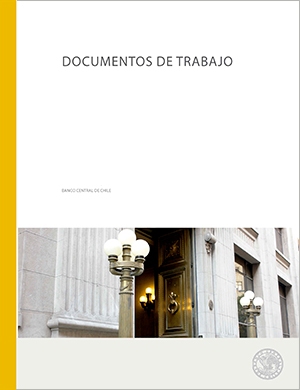Working papers N° 652: Capital Controls and Foreign Exchange Policy
Publications
Working papers N° 652: Capital Controls and Foreign Exchange Policy
Autor: Marcel Fratzscher
Description
The empirical analysis in the paper suggests that an FX policy objective and concerns about an overheating of the domestic economy have been the two main motives for the (re-)introduction and persistence of capital controls over the past decade. Capital controls are strongly associated with countries having significantly undervalued currencies. Capital controls also appear to be less motivated by worries about financial market volatility or fickle capital flows per se, but rather by concerns about capital inflows triggering an overheating of the economy – in the form of high credit growth, rising inflation and increased output volatility. Moreover, countries with a high level of capital controls, and those actively implementing controls, tend to be those that have fixed exchange rate regimes, a non-IT monetary policy framework and shallow financial markets. This evidence is consistent with capital controls being used, at least in part, to compensate for the absence of autonomous macroeconomic and prudential policies and effective adjustment mechanisms for dealing with capital flows
Working papers N° 652: Capital Controls and Foreign Exchange Policy
Boxes and graphics

